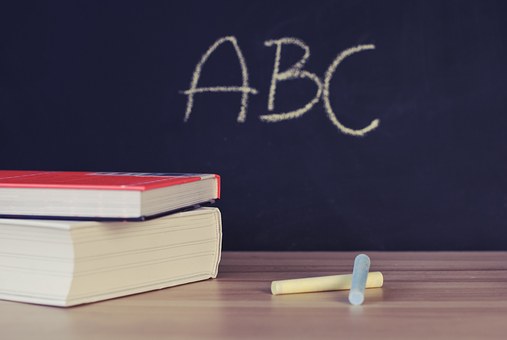On October 24th, Manitoba voters will head to the polls to elect school trustees. But, citizens are increasingly becoming disaffected from school board politics and the turn out may be low. Many wonder if it is worth voting at all.
There are, however, good reasons to get involved.
In August, Manitoba’s Premier shuffled his cabinet and appointed a new Minister of Education. Obviously, the new Minister knows that Manitoba school trustees are permitted to tax property owners to fund public schools. No other province gives trustees this responsibility.
Because school divisions have taxing authority, both taxpayers and parents must pay attention to what school boards actually do.
A few years ago the Winnipeg School Division (WSD) proposed to increase property taxes by 6.4 percent when the Consumer Price Index (CPI), a standard measure of economic growth, was about 0.5 percent. Even so, the board chair claimed that if trustees did not approve the increase, which was about 8 times higher than the CPI, teachers’ jobs and educational programs would be cut.
A week later, with much hand-wringing, WSD trustees approved a 5.89 percent increase in property taxes, half a percent below the proposed budget, still 7 times the increase in the CPI.
Fortunately for tax payers, the Frontier Centre for Public Policy has just released a new research report, Never Enough: The Increasing Cost of Public Education in Manitoba and How to Curb it, assessing the cost of public education in Manitoba from 2002-03 to 2016-17. This paper can help voters bring economic sense to those seeking to become trustees.
The study shows the rising cost of education in 36 of the 38 Manitoba school divisions. The least expensive school division in 2017 was Garden Valley, which spent $10,520 on each student, while the most expensive division was Frontier, which spent $20,305 per student.
Even so, costs have been rising in all divisions by between two and four times the CPI. Between 2002 and 2017, for example, the WSD increased the least, by about 60 percent, while the Flin Flon SD increased the most, by about 108 percent. Over that period, the CPI increased by only 34 percent.
Obviously, it is not sustainable to have the cost of education consistently outpacing the CPI year after year. Soon education will crowd out other expenditures. Eventually, the increasing cost of education will need to be controlled.
If over this period, the cost of educating students was equivalent to the increase in the CPI, the average cost per student in 2017 would have been $7,859 rather than $12,820, saving about $5,000 per students in that year alone. The provincial saving would have been slightly more that $873-million.
A few simple policies could curb the increasing cost of public education. The Minister could disallow school boards from raising funds by taxing property. All the necessary resources would come from the provincial government as it does in other provinces.
As well, the Minister could merge small school divisions into larger divisions. Turtle River, for example, has fewer than 700 students, which is smaller than many schools in other divisions.
Such policies would force the provincial government to take responsibility for funding all aspects of public education. In this way, the educational objectives would be constrained to a common core. If school boards needed more money, they must justify the need to the provincial government. They couldn’t just increase property taxes.
Hopefully after the October 24th election, the school trustees will work with the Minister of Education to ensure that Manitoba students are well educated while also constraining the rising cost of education.



